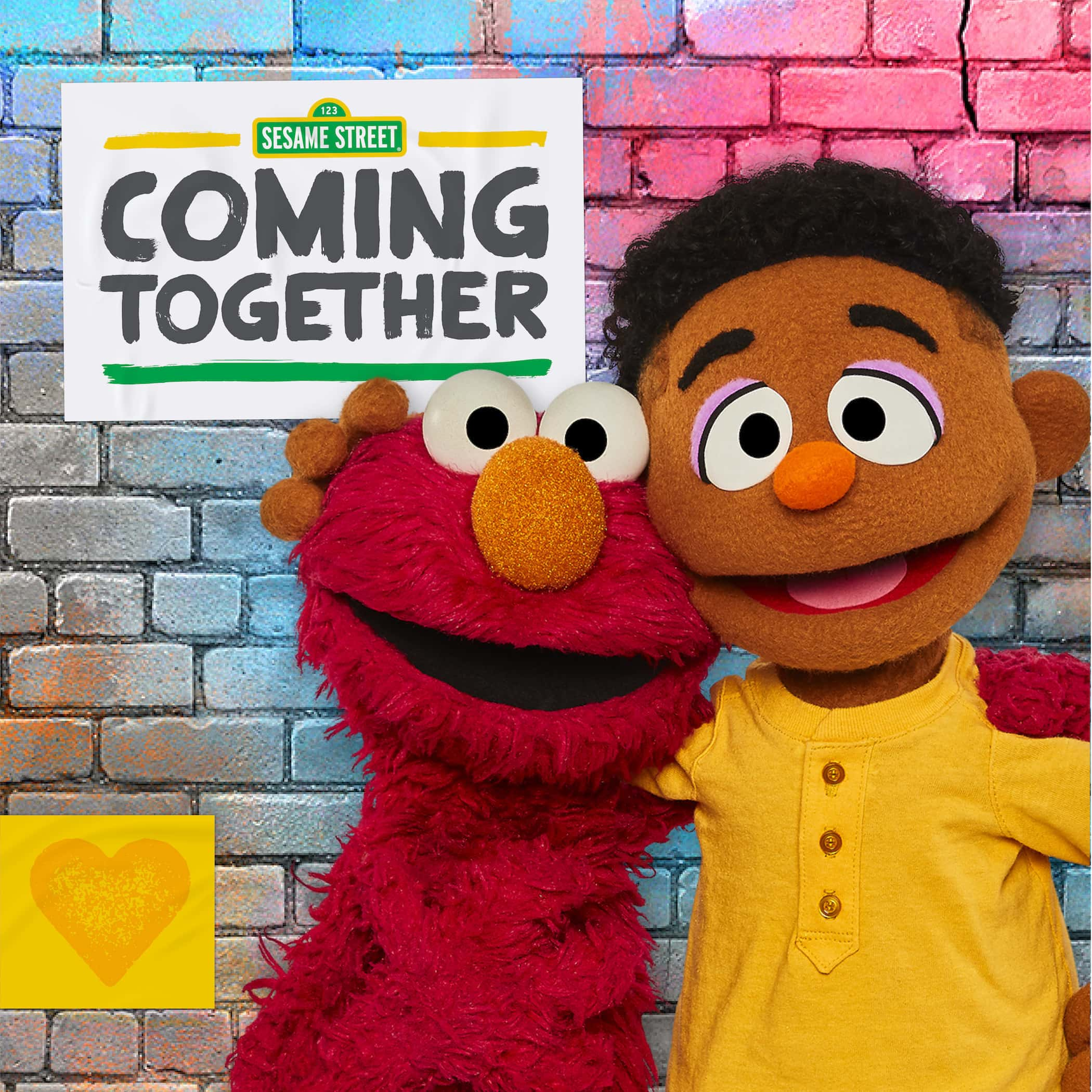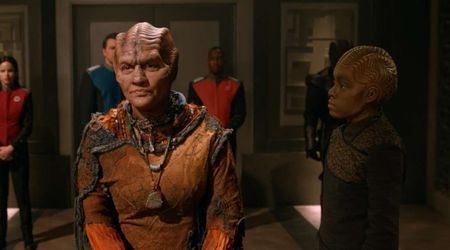Wes and Elijah on 'Sesame Street': Who are the 2 Black characters explaining racism on 'ABCs of Racial History'?

'Sesame Street', the beloved children's show is introducing two new Black muppets to talk about racism. Wesley Walker and his father Elijah were introduced by Sesame Workshop, the non-profit behind the iconic show. As part of their ongoing efforts towards racial equality, the show said the two characters would be part of "ABCs of Racial Literacy", a segment dedicated to race and racism.
The group has taken a vocal stance against racism in the past, partnering with CNN to hold a town hall in 2020 following the killing of George Floyd in Minneapolis. It also aired an anti-racist special 'The Power of We', encouraging children to stand up against racism. Now, the show will directly explain racism through its two new characters. The efforts are part of a wider initiative, titled 'Coming Together' to help combat racism.
RELATED ARTICLES
If you watch the show regularly with your kids or know someone who does, here's how you will benefit from the introduction of Wesley Walker and Elijah.

Who are Wesley and Elijah?
The two new muppets were revealed in a video with Elmo posted on YouTube. The three-minute clip gives viewers a quick glimpse at the kind of content they will see from the two. Wesley is a five-year-old who goes to school, and his father Elijah is a 35-year-old meteorologist. According to Time, Sesame made a deliberate choice to make Elijah and Wes “humanoid” Muppets with realistic skin tones, so they could address the physicality of race.
"Things on the outside, like our skin color, our hair texture, our noses, our mouths and eyes, make us who we are. Many people call this race," Elijah explains. The two characters have a key mission - to provide age-appropriate answers to tough questions around race and racism. From the short clip, it seems like they are able to do just that, without the discomfort or unease that many might have when dealing with the topic of racism.
Louis Henry Mitchell, Sesame Workshop’s creative director of character design, said that the characters were inspired by his own son. The puppeteers too, have a personal stake in the characters. "A lot of the things they wrote, I was looking around, like, ‘Are they watching me?’ Because it says there is a 5-year-old son; I have a 5-year-old son," Elijah’s puppeteer, Chris Thomas Hayes told Time.
Through Wesley and Elijah, Sesame hopes to foster greater discussion around racism, especially amongst children. "Children are not colorblind—not only do they first notice differences in race in infancy, but they also start forming their own sense of identity at a very young age," said Dr. Jeanette Betancourt, Senior Vice President, Sesame Workshop. Wesley's mother, Naomi is currently in development as well, to further discuss racism and possibly even sexism.

'Coming Together is rooted in extensive research and consultation with experts'
The show isn't the only place parents can find resources. There's an entire webpage on the Sesame Workshop website dedicated to parental resources. That includes guides on understanding race and racial literacy, as well as an age-by-age reference, activities, and songs. There's also a large variety of video content parents can watch with their children, that includes conversations by real-life families.
"Coming Together is rooted in extensive research and consultation with experts to develop a groundbreaking Racial Justice educational framework and curriculum for young children," they said in a press release. Families can access all the resources through the website at no extra cost, in either English or Spanish. The resources will also be distributed through the Sesame Street in Communities program. The release also noted that additional resources for educators, healthcare providers, and social workers were coming.
Wesley and Elijah are just the latest in a long list of diverse muppets to join the show. In the past, Sesame has tackled complex themes like autism, homelessness, and substance abuse. In 2002, the show introduced Kami who has HIV. In 2011, Lily who suffered from food insecurity was introduced.










